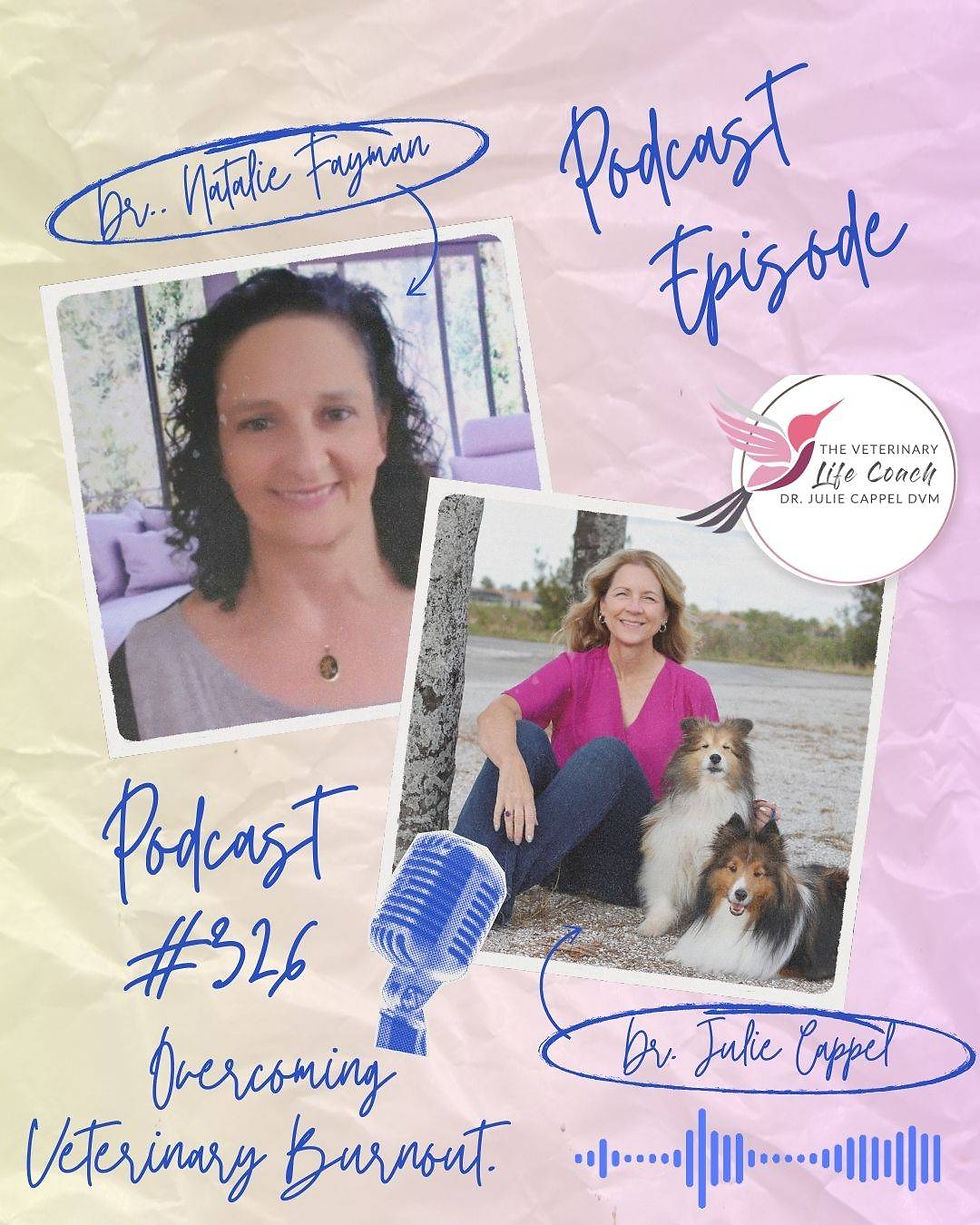Why you're addicted to processed foods
- Natalie@nolimitscoachingnow.com

- Oct 5, 2021
- 4 min read
Updated: Feb 3, 2022

There’s something the food industry doesn’t want you to know. Most of their products are engineered to be as addictive and un-satisfying as possible.
First of all, let me explain what I mean by “processed foods”. This means anything that has been altered from it’s natural state (if it ever HAD a natural state, that is) to be more appealing, or to increase it’s storage-life. This includes added colors, flavor-enhancers, preservatives, and anything on the ingredients list that you can’t identifiy or pronounce. Basically, if it didn’t grow out of the ground or have a mother, it’s processed to some degree. Even some foods that may appear to be unaltered and wholesome can contain hidden ingredients that you wouldn’t know about unless you read the label with a magnifying glass.
To some extent, this is unavoidable. Most people can’t grow or butcher their own food these days, so we depend on the food industry to provide us with things we can’t get for ourselves. Even seemingly-innocent fruits and vegetables have been harvested prematurely, artificially ripened, and treated with processes that keep them from rotting before they can reach our neighborhood store shelves. I accept this as a necessary evil, especially if I want to keep enjoying my favorite produce out of season.
What I’m talking about here is the stuff that doesn’t ever seem to go bad. It can sit on the shelf for months or years with no loss of freshness. I mean, when was the last time you saw an Oreo or a Dorito chip with mold growing on it? They may go stale, but they don’t rot. That’s because there’s very little in that bag that could actually be defined as “food”. You practically need a chemical engineering degree to read the ingredients label. And while technically, all of those ingredients are considered “edible”, there is little to no actual nutritional value. That’s why you’ll see cereal manufacturers (among others) put the word “fortified” or “enriched” on the label. That means they had to add artificial vitamins/minerals or other synthetic nutrients to the product, because it didn’t have enough nutritional value on it’s own. Pay attention to these words, because you’ll see them everywhere.
Food products are altered from their native states to make them more palatable (salt or flavor-enhancers like MSG and others), more visually appealing (artificial colors), or more shelf-stable (preservatives). While some companies use more natural options like vitamins and antioxidants for this purpose, most of them don’t. Why not? Because vitamins and antioxidants and other natural ingredients are expensive. Chemicals are cheap and readily accesible. And like everthing else, it’s all about the bottom line.
In the interest of making their products as delicious and addictive as possible, ALL major food companies employ “food scientists” whose job it is to figure out exactly the right ratio of salt, sweet, and fat to trigger the maximum release of pleasure-chemicals in the human brain when people eat their products. This is called the “bliss point”. These scientists have the test-subjects eat these food products while sitting in an fMRI machine, so that the scientists can watch the pleasure-centers in the brain light up in real-time.
It is also the job of a food scientist to make the product in question as UN-satisfying as possible. Why? Because they want you to keep reaching for their products as often as possible. This is why you can eat an entire jumbo-bag of cheetos and still be hungry an hour later. And thanks to your addiction-cravings, you’ll soon be looking for more. Exactly as intended.
Different foods are processed to different degrees. The more highly processed a food is, the more havoc it can wreak on your body. Your body doesn’t know what to do with all these artificial chemicals, and it can put your metabolism and your hormone-balance into a tailspin. Even though you just consumed a massive amount of calories, you’re still hungry and unsatisfied. This leads to weight-gain and insulin resistance, among other undesirable things.
To make matters worse, the intense and carefully-crafted flavors of processed foods can overwhelm your taste sensations and even dull your sense of taste to the point that you find real natural foods bland and unappealing.
All of this adds up to the reason why Americans get more and more obese every year, and why heart disease, diabetes, autoimmune diseases, and other chronic health conditions are skyrocketing. But as long as you keep buying their products, the food industry couldn’t care less.
This is why it’s so important to avoid processed foods, to the extent that it is possible and practical. Even if weight loss never factors into the equation for you, it’s critical just for living a longer, healthier life. And who doesn’t want that? I’m not saying you have to start farming your own food, just make the best and most wholesome choices you can. The closer a food product is to it’s native state when you eat it, the better off you are. And if there IS no native state for the thing that you’re eating, consider making a better choice. You’ll notice that whole foods actually satisfy your hunger for long periods of time. You’ll feel more energized throughout your day. And though it may take several weeks for your taste-buds to recover from the overload they’re used to, soon you’ll start to remember what real food tastes like. And you might even start enjoying it again!
Written by Natalie Fayman, CPC, ACC, ELI-MP, COR.E Dynamics Wellbeing Specialist
Need help to break away from food that's controlling your life? Book your free consult below, and let's get started.



Comments